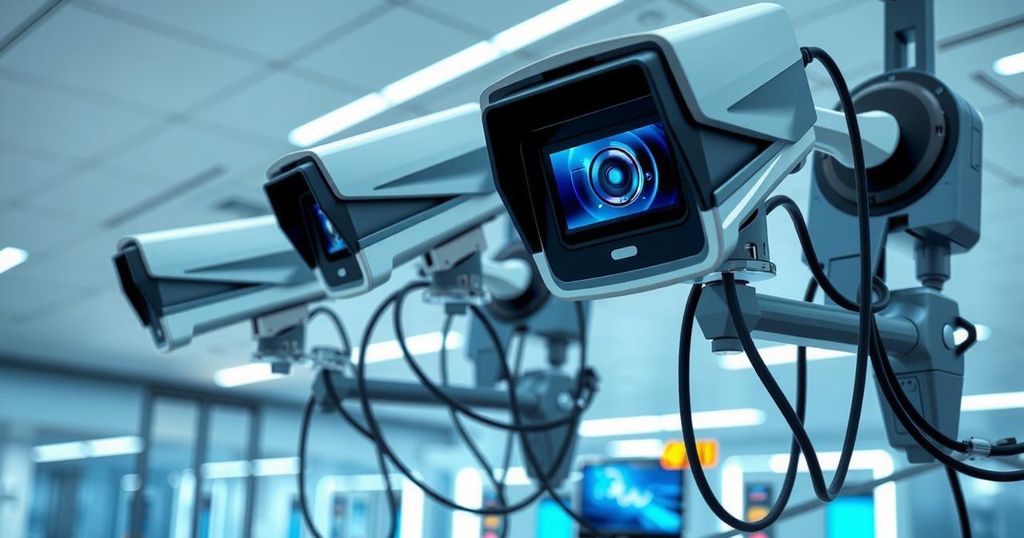Global spending on digital identity verification is expected to grow by 74% to over $26 billion by 2029, primarily due to advancements in behavioral biometrics and blockchain technology. These innovations enhance fraud detection and ensure better user control over data privacy. Regulatory changes in the EU will also shape market practices significantly.
A recent study by Juniper Research reveals that global spending on digital identity verification will surge by 74%, reaching over $26 billion by 2029, up from $15.2 billion in 2024. This growth is largely driven by innovations aimed at minimizing the friction associated with the verification process, specifically through the use of behavioral biometrics, which improves fraud detection efficiency.
Behavioral biometrics is set to play a critical role in enhancing security by analyzing user interactions, such as keystrokes and screen touches, to identify potential fraudulent activities. This technology allows vendors to detect fraud more efficiently and earlier in the process, maintaining a seamless experience for genuine users.
Alongside behavioral biometrics, the study highlights the integration of blockchain technology as a significant advancement in ensuring data security and user privacy. By granting users control over their information, especially in sensitive sectors like healthcare and finance, blockchain supports the implementation of self-sovereign identity principles.
The study also addresses regulatory changes such as the EU’s eIDAS2 that will roll out interoperable digital identity wallets to all citizens by 2026. It suggests companies adhere to enhanced digital identity standards by utilizing decentralized databases to bolster user information security and privacy.
Juniper Research’s comprehensive assessment includes over 82,000 data points and insights into market opportunities and competitor standings. With two decades of expertise, Juniper continues to support global technology sectors with vital market intelligence and advisory services.
Digital identity verification is an essential process used across various sectors to confirm an individual’s identity through technological means. As online transactions and services increase, so does the need for robust verification systems to combat fraud. Innovations like behavioral biometrics and blockchain technology are at the forefront of this transformation, enabling more reliable and user-friendly verification processes.
The digital identity verification market is anticipated to grow substantially, driven by behavioral biometrics and blockchain technologies. By 2029, spending is projected to exceed $26 billion, indicating a vital shift towards secure, streamlined verification methods. Regulatory frameworks, particularly in the EU, will further influence vendor practices, emphasizing the importance of adhering to digital identity standards.
Original Source: www.tradingview.com





